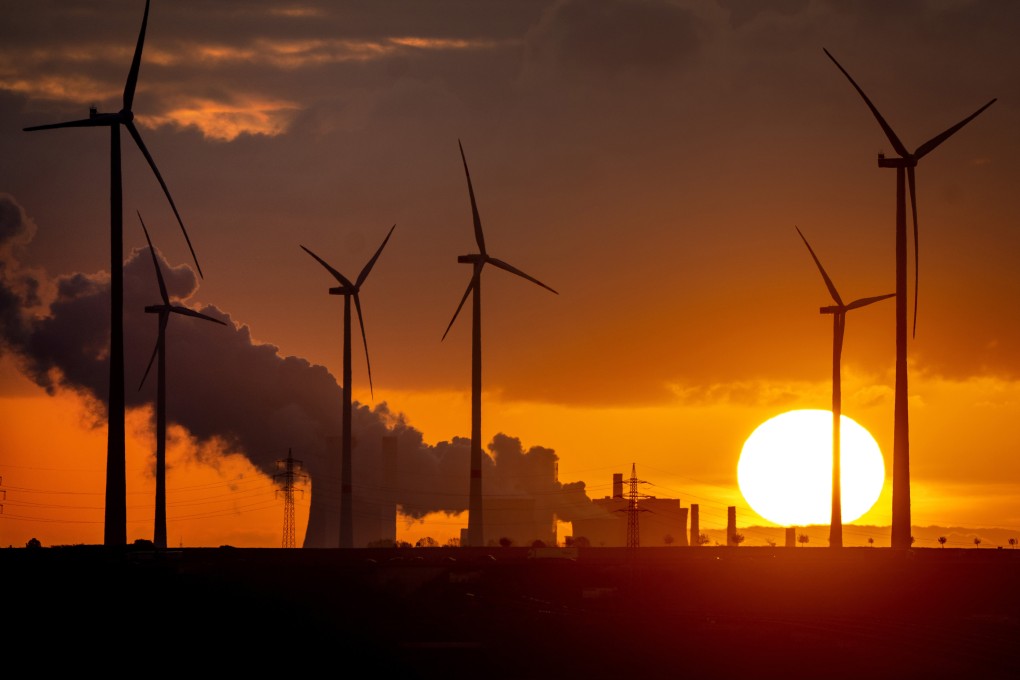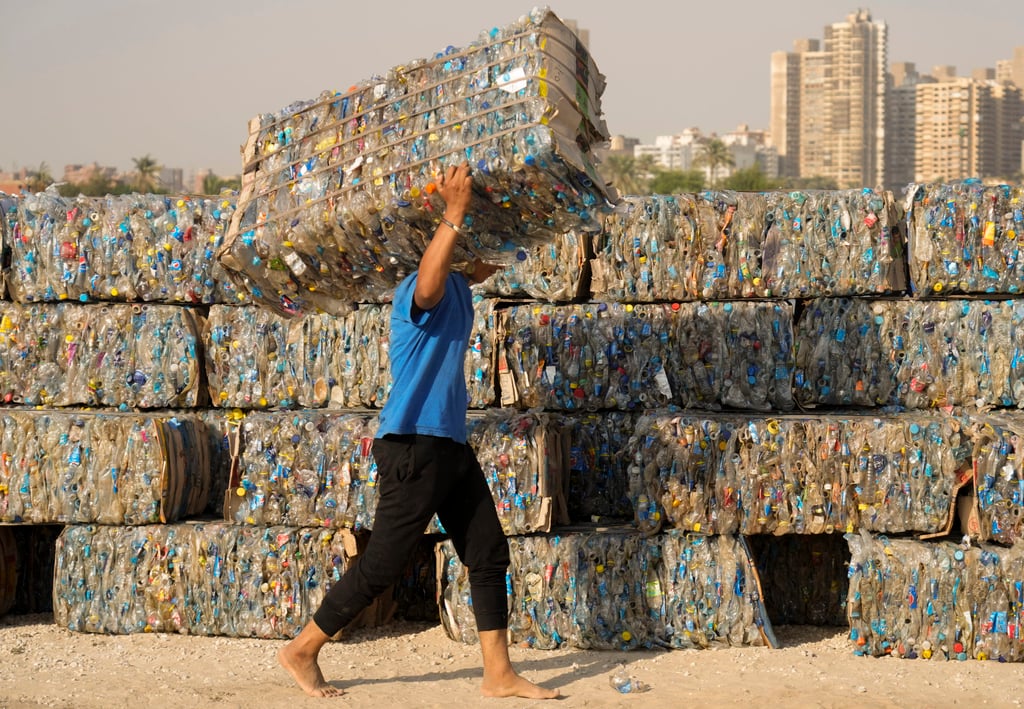COP27: geopolitics, funding demands for adaptation in developing nations to dominate global climate talks in Egypt
- Summit will test whether the world can make progress on climate goals despite geopolitical tensions and deteriorating economic conditions, analysts say
- Developing nations will be pressuring wealthy countries to deliver financing they promised over a decade ago for adaptation

Global geopolitics and calls for rich nations to step up and provide developing nations with funding to cope with climate change will dominate this year’s COP27 global climate summit, which begins on Sunday, analysts said.
Negotiators will be piling pressure on wealthy countries to make up for their failures and deliver financing they promised over a decade ago, even as their fiscal health has deteriorated due to the war in Ukraine and the Covid-19 pandemic.
“While the focus should be on climate change, in reality COP27 will indicate whether the geopolitical events of 2022 – the Russia-Ukraine war, energy prices, food prices – have distracted governments, businesses and the general public from pursuing continued climate action over the near term,” said Wai-shin Chan, global head of ESG research at HSBC in a report.
“With few major decisions expected, investors and businesses will be watching for signals of the speed of climate action.”

Centred on the theme of “climate implementation”, the 27th annual United Nations Climate Change Conference, known as COP27, kicks off on Sunday in the Red Sea resort town of Sharm el-Sheikh. Over 40,000 people are expected to attend the 13-day event, including around 100 heads of state and governments.